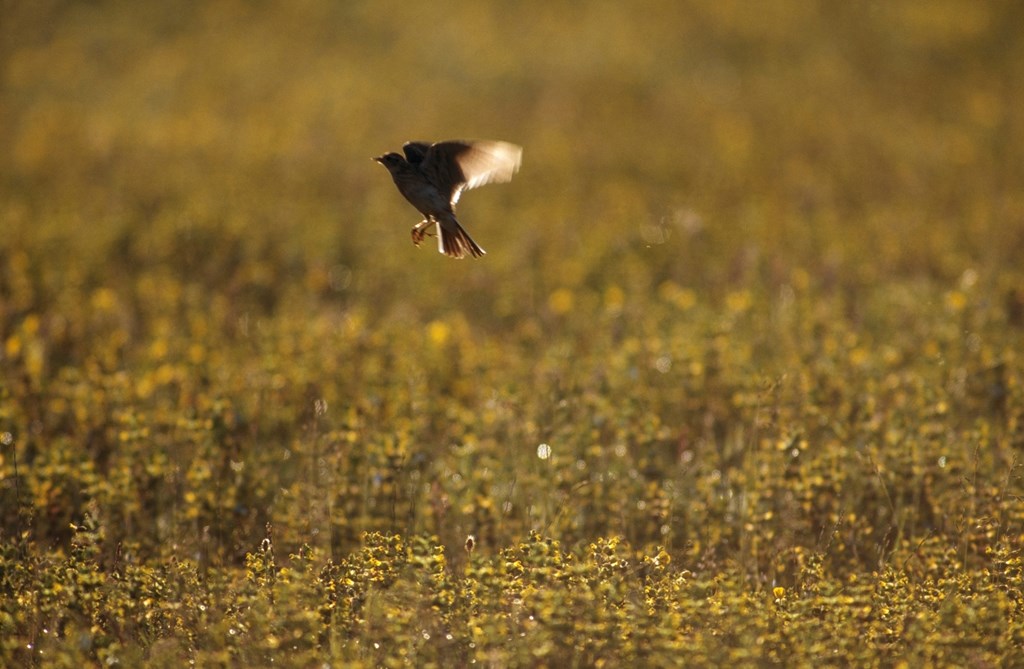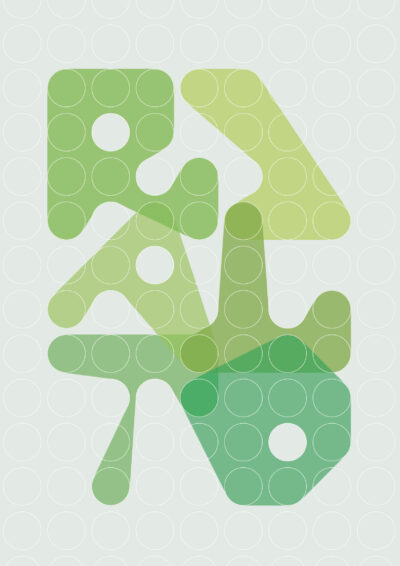It takes a lot of work to organise and administer a poetry competition and quite simply we wouldn’t be able to run it if we didn’t have help from volunteers. This year our help comes from undergraduates on the UEA Literature and Creative Writing courses. We invited them to contribute blogs on the subject of Nature and Place and are glad to publish what they’ve come up with. I’m particularly impressed with their humanity, their openness and optimism.
Sailing to Byzantium
I
That is no country for old men. The young
In one another’s arms, birds in the trees,
—Those dying generations—at their song,
The salmon-falls, the mackerel-crowded seas,
Fish, flesh, or fowl, commend all summer long
Whatever is begotten, born, and dies.
Caught in that sensual music all neglect
Monuments of unageing intellect.
II
An aged man is but a paltry thing,
A tattered coat upon a stick, unless
Soul clap its hands and sing, and louder sing
For every tatter in its mortal dress,
Nor is there singing school but studying
Monuments of its own magnificence;
And therefore I have sailed the seas and come
To the holy city of Byzantium.
III
O sages standing in God’s holy fire
As in the gold mosaic of a wall,
Come from the holy fire, perne in a gyre,
And be the singing-masters of my soul.
Consume my heart away; sick with desire
And fastened to a dying animal
It knows not what it is; and gather me
Into the artifice of eternity.
IV
Once out of nature I shall never take
My bodily form from any natural thing,
But such a form as Grecian goldsmiths make
Of hammered gold and gold enamelling
To keep a drowsy Emperor awake;
Or set upon a golden bough to sing
To lords and ladies of Byzantium
Of what is past, or passing, or to come.
William Butler Yeats
Nature and poetry have, and always will be, inextricably tied. Regardless of our drive for materialism, development and industrial growth, in our deepest moments of need a small blackbird will offer relief, reminding us of the finitude of our day to day worries, will point us towards the infinite and towards an understanding that something exists that is bigger than us. In short, nature, like art, endures. And yes, it is fair to say that both chop and change, day to day and year by year they migrate and evolve following different patterns, performing different tasks. But they seem to remain the irremovable backdrop to the expression of our united situation as humans, the main ways in which we learn who we are as a community of beings. Regardless of the diversity of responses that nature encourages, it seems accessible to everyone. In this way, nature and art draw our experiences together, encouraging us to stand as a whole and not as separate parts. I have chosen this poem to underline the importance of nature and place and what it means to me because I feel it highlights the idea that nature signifies and remains, ‘what is past, or passing or to come.’
It’s difficult to summarise briefly what nature and place means to me and the main point to make here is that it means something wonderfully different to everyone, which is why, as a stimulus, it produces such exciting and diverse art and why this competition has been so interesting to work on. I think that the diversity that writing about nature encourages excites my own creativity. However, it allowed me to see that nature means so much in so many different ways to so many different people – something I feel the volunteers and employees at the RSPB understand so well. Nature seems to make no distinction, it interacts with everyone on some level – whether they like it or not.
To me, nature comes to mean understanding and sharing. Understanding that we are all standing on the same piece of land and sharing in its magnificence together. This competition is deeply important because it highlights the essential message of this poem – that Nature endures through art and that art endures through Nature. The bird may not endure if we continue to overlook its brilliance. Art must gild the bird in gold in order for it to survive symbolically. Art and nature must work together to immortalise, to bring us together. We must do our best to remember that as long as we care for nature, as long as we continue to consider what is hidden in the hedgerow both literally and metaphorically, something bigger than us will endure when we are gone.
Lili Cooper
Skylark on fence post with barbed wire. Chris Gomersall (rspb-images.com)






